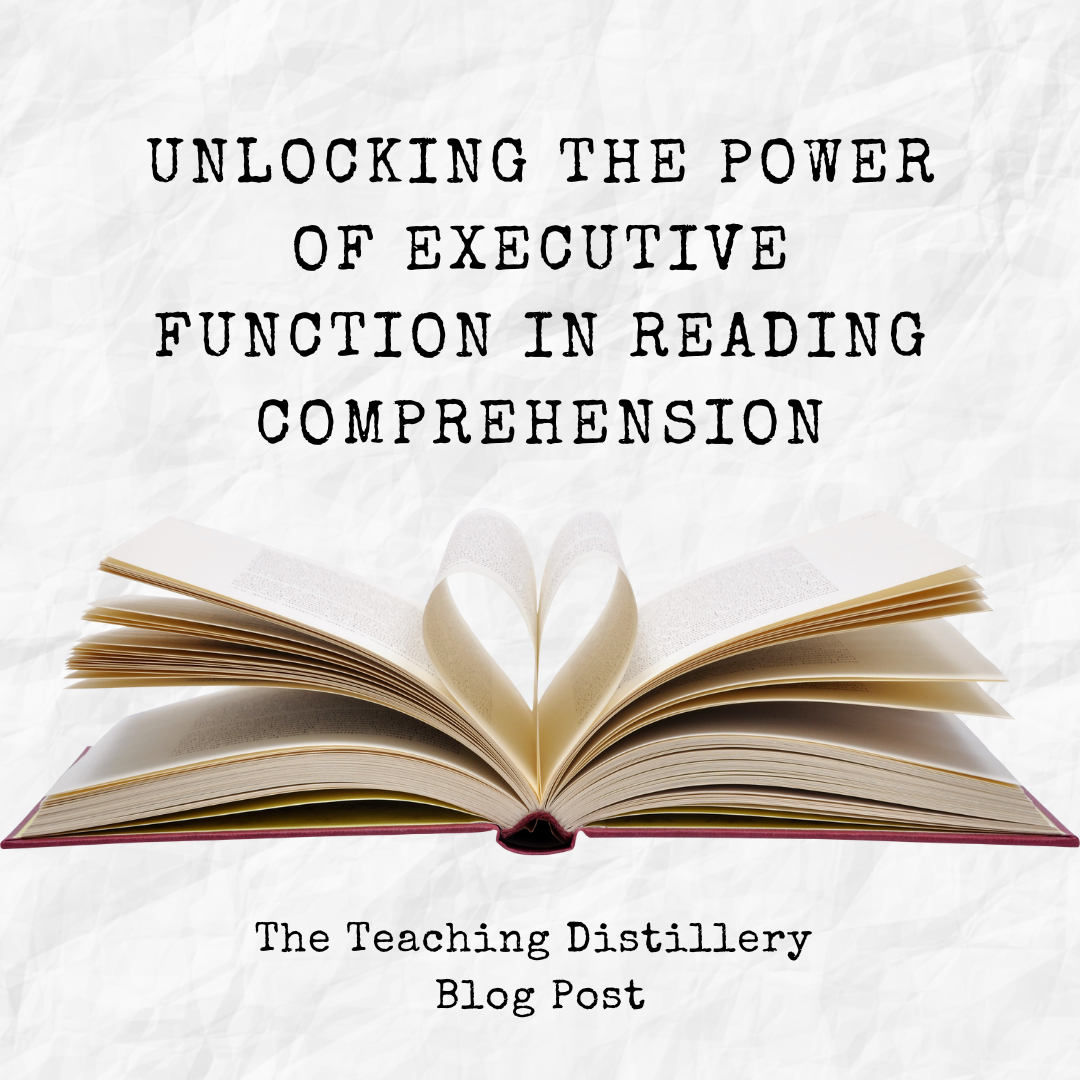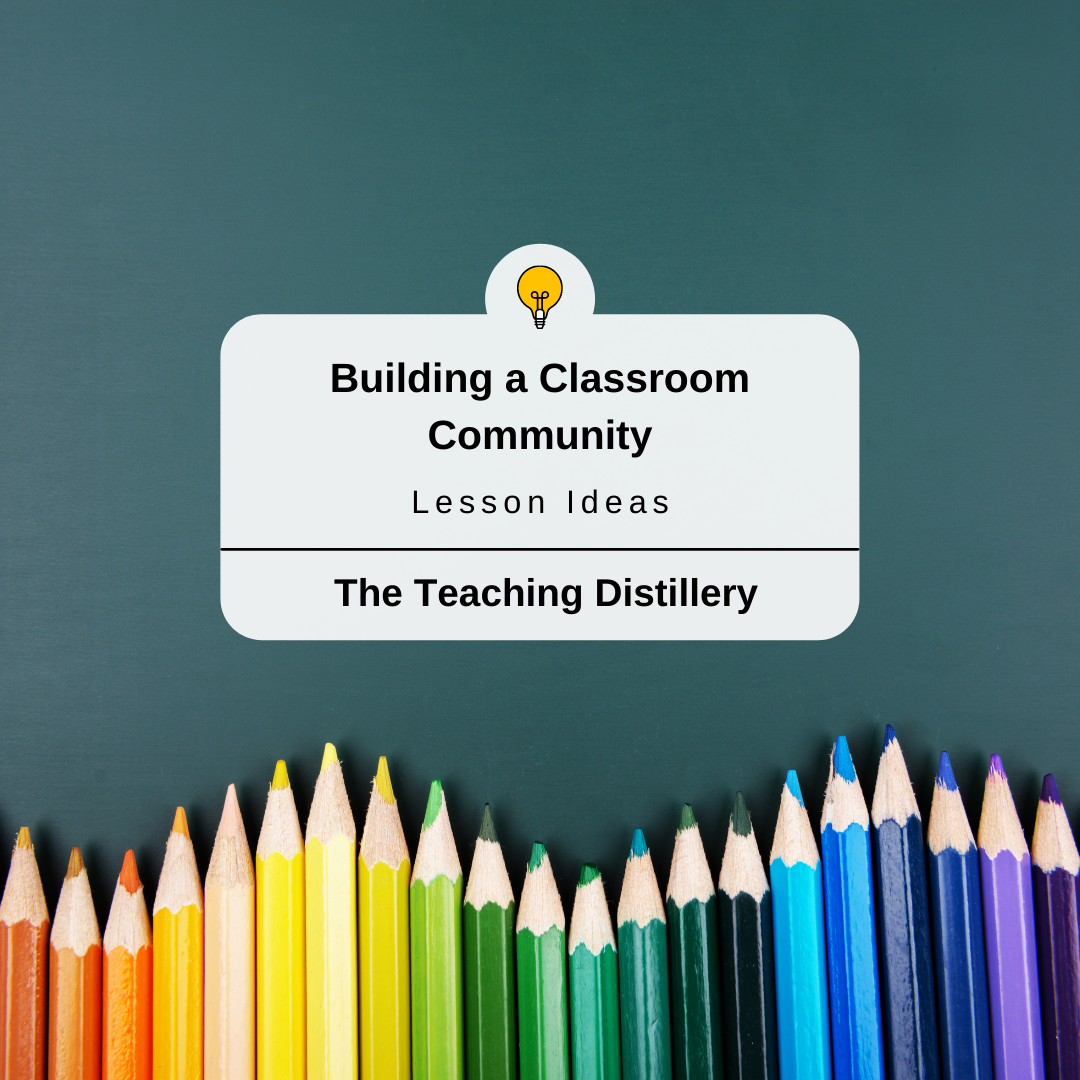Project based learning (PBL) is a teaching method in which students gain knowledge and skills by working a couple of weeks to delve into learning and writing to an authentic, hopefully engaging and complex question / problem / challenge. Students generate their inquiry, plan out their learning progress, and figure out how to present their new found knowledge to the world.
Read MoreIn the real world of education in America, teachers often find themselves faced with the challenge of managing extreme behavior in students. A recent article on ASCD's Educational Leadership platform provides valuable insights and strategies to help educators navigate these situations with finesse and empathy.
Read MoreToday, I want to talk to you about a class book to teach in the classroom – "The Little Prince" by Antoine de Saint-Exupéry. Be sure to check out our Little Prince lesson plans in our TpT store for how we teach it.
Now, I know what you might be thinking. "But isn't that just a children's book?" Oh, how wrong you are! "The Little Prince" is a masterpiece that can be appreciated by readers of all ages, and as teachers, we have the unique opportunity to share its beauty and wisdom with our students.
Read MoreThe National Study of Millionaires, a comprehensive survey covering over 10,000 millionaires, unveiled some remarkable insights into their careers and financial habits. Engineers, Accountants (CPAs), Teachers (that's us!), Management professionals, and Attorneys are the top five careers among millionaires. It's clear that earning substantial wealth isn't limited to the high-paying jobs.
Read MoreOur classrooms are made up of amazing, beautiful, and diverse students. Therefore, we feel that our curriculum should reflect that same diversity. The stories we read, the texts we share, the videos we watch, the images we use within our lessons should all act as mirrors and windows for our students.
Read MoreHave you ever wondered why some students struggle with reading comprehension, despite having strong word reading skills? The answer lies in the fascinating world of executive functioning. This cognitive powerhouse plays a pivotal role in learning, particularly in the realm of successful reading comprehension.
Read MoreIn 2024, teachers in the United States are facing challenges related to curriculum restrictions and censorship in the classroom. Laws known as "educational gag orders" have proliferated since 2021, aiming to limit what teachers can teach, particularly on topics like race, gender, sexuality, and U.S. history. These laws are vague and carry severe penalties, leading to self-censorship among teachers and depriving students of valuable learning experiences.
Read MoreHaving opportunities to work as a team helps to build a strong and healthy classroom community.
Read MoreAs educators, we've all faced the ultimate quest: turning our students into super-engaged knowledge-hungry geniuses. You know, the kind that don't just survive school but thrive and conquer the universe. No pressure, right?
Our secret to student engagement? The "4 Cs for Better Student Engagement" by ASCD (Association for Supervision and Curriculum Development). In this blog post, we'll break it down, sprinkle a little humor, and show you how these 4 Cs can turn your classroom into a circus of curiosity and a carnival of creativity.
Read MoreExplore the profound impact of inclusive education on critical thinking and democracy in the 21st century. Learn how inclusive curricula, diverse perspectives, and open dialogues are shaping our society. Discover the essential role of inclusive education in fostering a vibrant and inclusive democracy.
Read MoreWe have been doing self assessments ever since, but we have learned a few key things along the way. Students need structure and guidance when self assessing. When you give students a chance to explain their learning journey, consider the following:
Read More










